Click on photo to start video.
You can take a seat anywhere with this wearable chair.
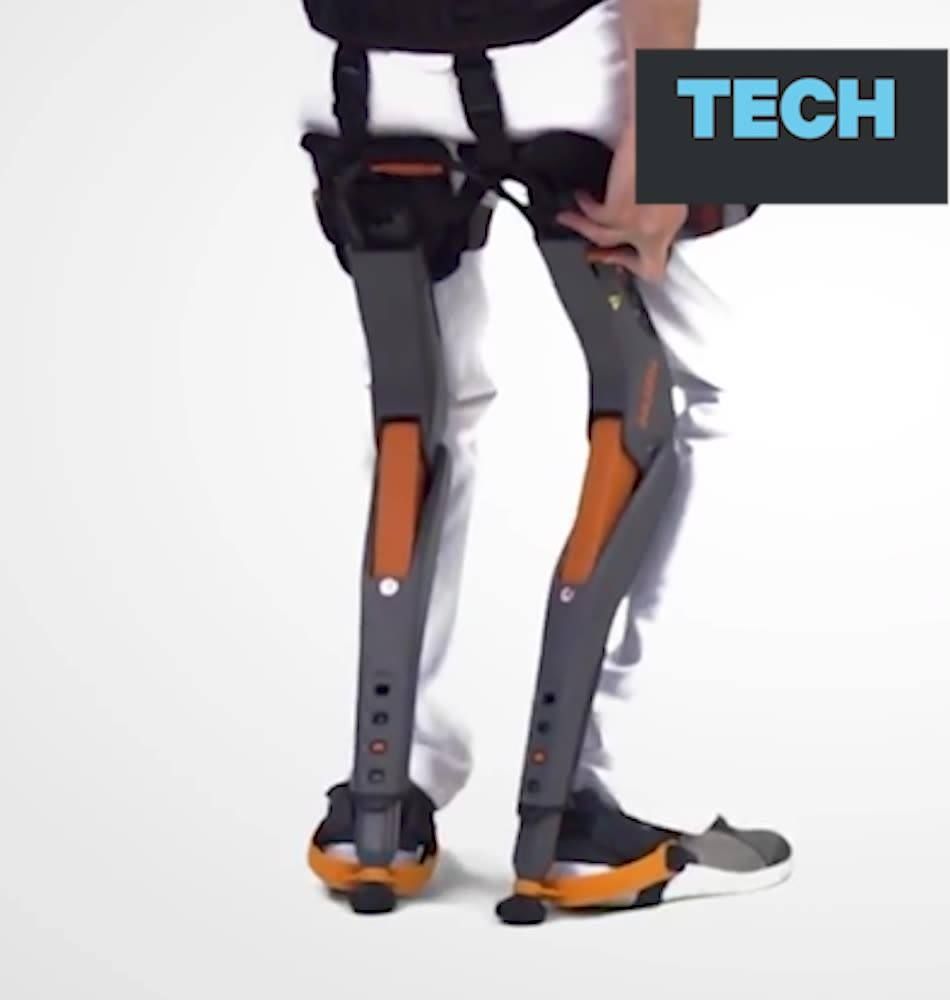
Could Transhumanism help us overcome the Malthusian nightmare of supposed declining resources in the face of an increasing population?
As the world continues to increase, could our exponentially-growing technologies help us ensure that everyone living on this planet is accommodated for?
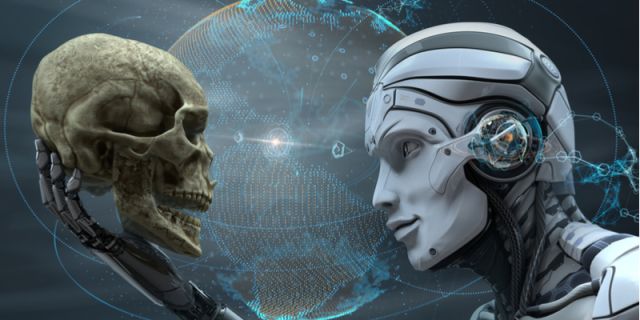
Https://paper.li/e-1437691924#/
When we speak of posthumanism we refer to the expansion of the “natural” faculties of the human being, and more concretely to the fusion between meat and digital technology …
According to Wikipedia a cyborg is an “organism that has restored function or enhanced abilities due to the integration of some artificial component or technology that relies on some sort of feedback”. For the essential author Donna Haraway “the cyborg is a figure born from the interface between the automaton and autonomy”. As blogger and author Plácida Ye-Yé explains for Haraway “the cyborg is at the same time what we are –carnality- and what we can be –future cyborg, emancipatory possibilities-” therefore “if our future depends on thinking differently, the cyborg offers us a transitory ontology for the present, an imagery that recognizes the process of constant redefinition that is going to suppose take on the new era”. Evidently this theories affect a large number of topics: technology, epistemology, politics, science, art, or feminism.
In reference to this hybridation between humans and communication machiens catalonian philosopher and UOC teacher Pau Alsina explains in his text “Humanism 2.0: Art, science, technology and society” that “the image of the body and the body itself are found in the impacts caused by the information and communication technologies, seeing themselves in this way propelled to the understanding of the new experiences that come to us”. This point of view includes –from the perspective of Derrick de Kerckhove – the creation of new types of human typologies identities, and sensorial experiences like: teleception, expansion, multiple personality or proprioception.

My article for the Cato Institute via Cato Unbound is out. Cato is one of the leading think tanks in the world, so I’m excited they are covering transhumanism:
Zoltan Istvan describes a complicated future when humans aren’t the only sapients around anymore. Citizenship for “Sophia” was a publicity stunt, but it won’t always be so. Istvan insists that if technology continues on the path it has traveled, then there is only one viable option ahead for humanity: We must merge with our creations and “go full cyborg.” If we do not, then machines may easily replace us.
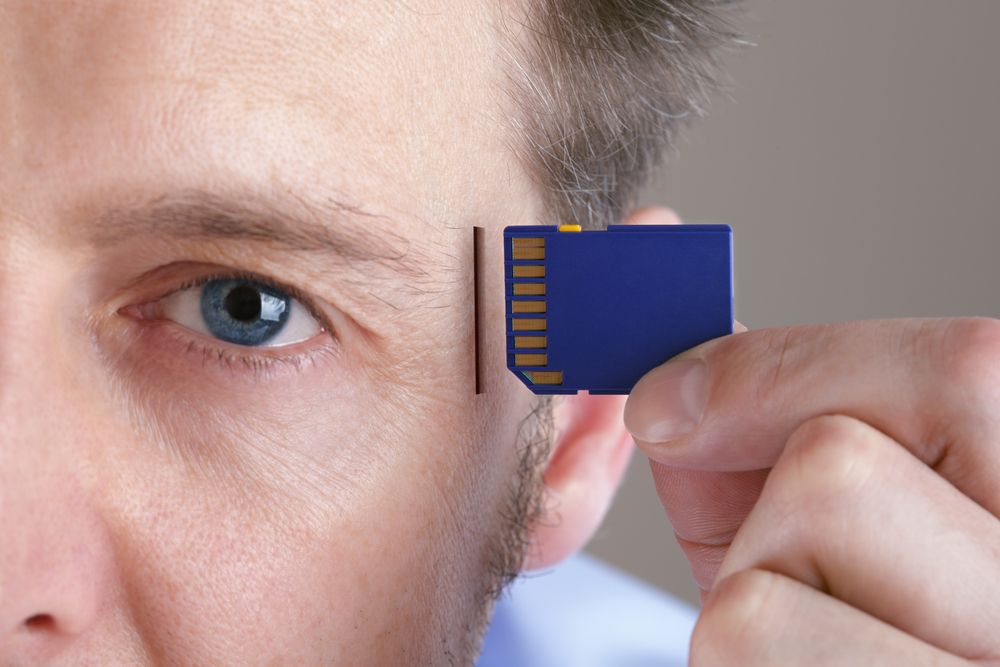
Scientists from Wake Forest Baptist Medical Center partnered with researchers from the University of Southern California to develop an innovative procedure to give hope to people struggling with remembering important information. A new implant uses a person’s own memory patterns in order to boost the brain’s natural ability to encode those memories and recall them quickly. There has been a reported 35 to 37 % increase in short-term memory performance.
“This is the first time scientists have been able to identify a patient’s own brain cell code or pattern for memory and, in essence, ‘write in’ that code to make existing memory work better, an important first step in potentially restoring memory loss,” said the study’s lead author Robert Hampson, Ph.D., professor of physiology/pharmacology and neurology at Wake Forest Baptist.
Epilepsy patients from Wake Forest Baptist were surgically implanted with electrodes in the various parts of their brains. The electronic prosthetic system is based on a multi-input-multi-output (or MIMO) mathematical model to influence the patterns of neurons firing within the hippocampus.
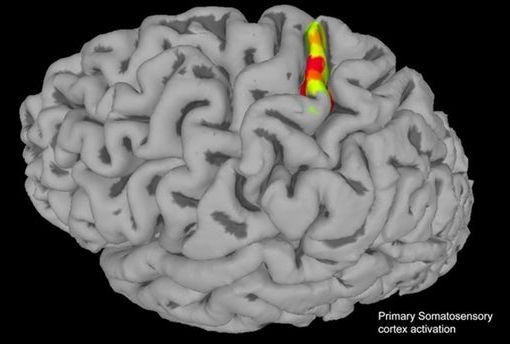
Researchers at Caltech have induced a range of sensations in the arm of a paralyzed man. The breakthrough comes courtesy of electrodes implanted in the brain, which stimulated the neurons to produce different feelings depending on the type of electrical signals. The team says the research could eventually lead to advanced prosthetic limbs that allow users to feel realistic sensations through them.
Plenty of exciting research is being conducted to help paralyzed people regain control of and feeling in their limbs. The NeuroLife system has helped a quadriplegic man move his arms again using just his thoughts, allowing him to perform a number of actions. Electrical nerve stimulation, both with and without electrode implants, has helped several people voluntarily move their legs again, often for the first time in years.
In this new study, Caltech researchers implanted two tiny arrays of electrodes into the somatosensory cortex, the small region of the brain responsible for the body’s sensations of movement or position, as well as cutaneous sensations such as touch, pressure and vibration.

This one’s kinda hard to swallow so take a deep breath, open your minds, and pretend it’s 2100. I CONTACT is essentially a mouse fitted to your eyeball. The lens is inserted like any other normal contact lens except it’s laced with sensors to track eye movement, relaying that position to a receiver connected to your computer. Theoretically that should give you full control over a mouse cursor. I’d imagine holding a blink correlates to mouse clicks.
The idea was originally created for people with disabilities but anyone could use it. Those of us too lazy to use a mouse now have a free hand to do whatever it is people do when they sit at the computer for endless hours. I love the idea but there is a caveat. How is the lens powered? Perhaps in the future, electrical power can be harnessed from the human body, just not in a Matrix creepy-like way.
Designers: eun-gyeong gwon & eun-jae lee.
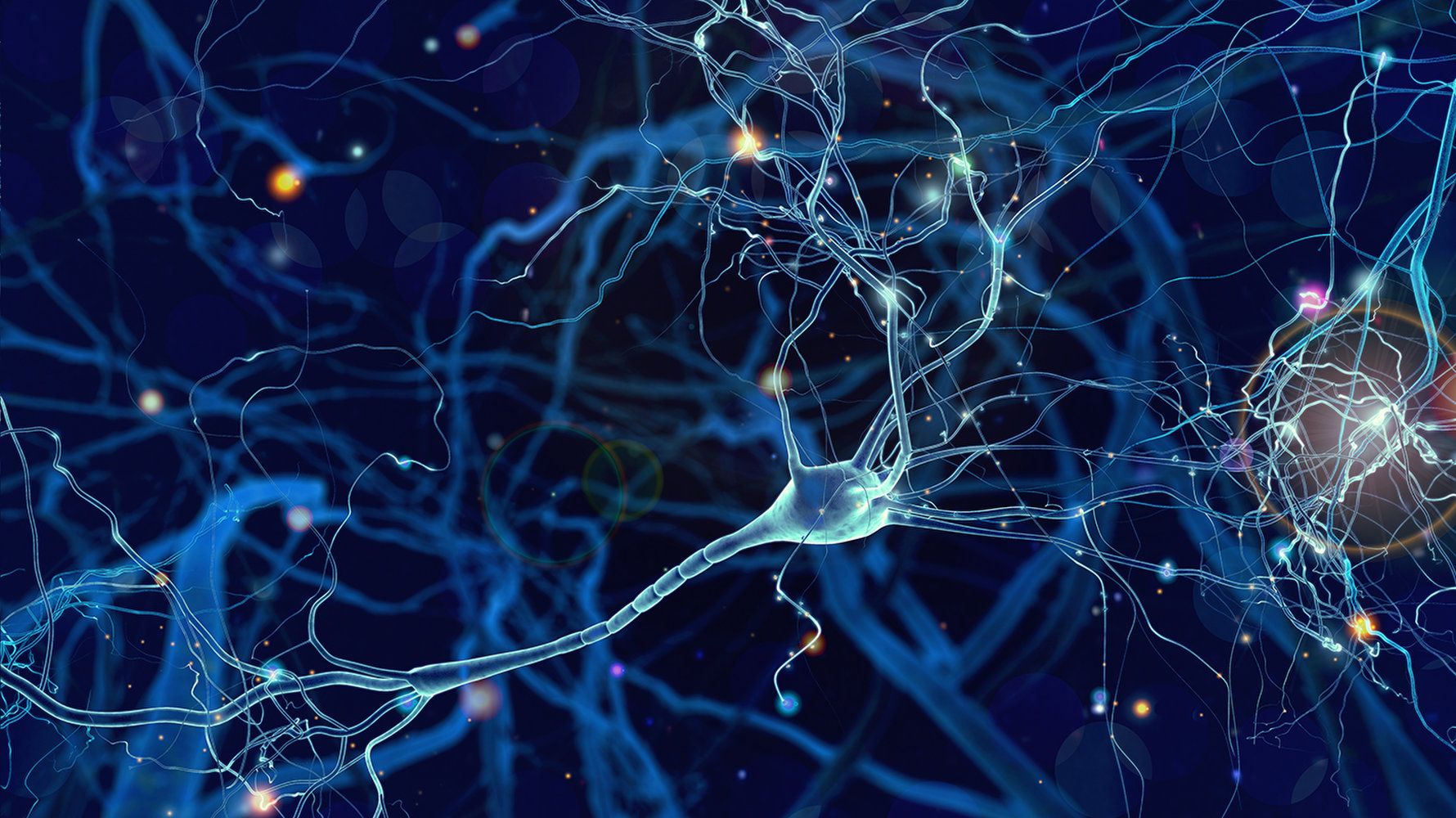


Push Beyond Your Limits. Go Stronger, Longer, and Safer.
Experience the first of its kind robotic powered exoskeleton to superpower your knees during alpine skiing and snowboarding. The sensors and the software on the exoskeleton senses user intent and automatically adjusts torque at the knee via air actuators effectively mimicking the quadricep muscles. The device is fully programmable and automated but with manual overrides thus always keeping user in control.
Extend your ski day, access longer challenging terrain, make stronger turns, or simply enjoy the sport without the pain. All the while keeping your knees safer.